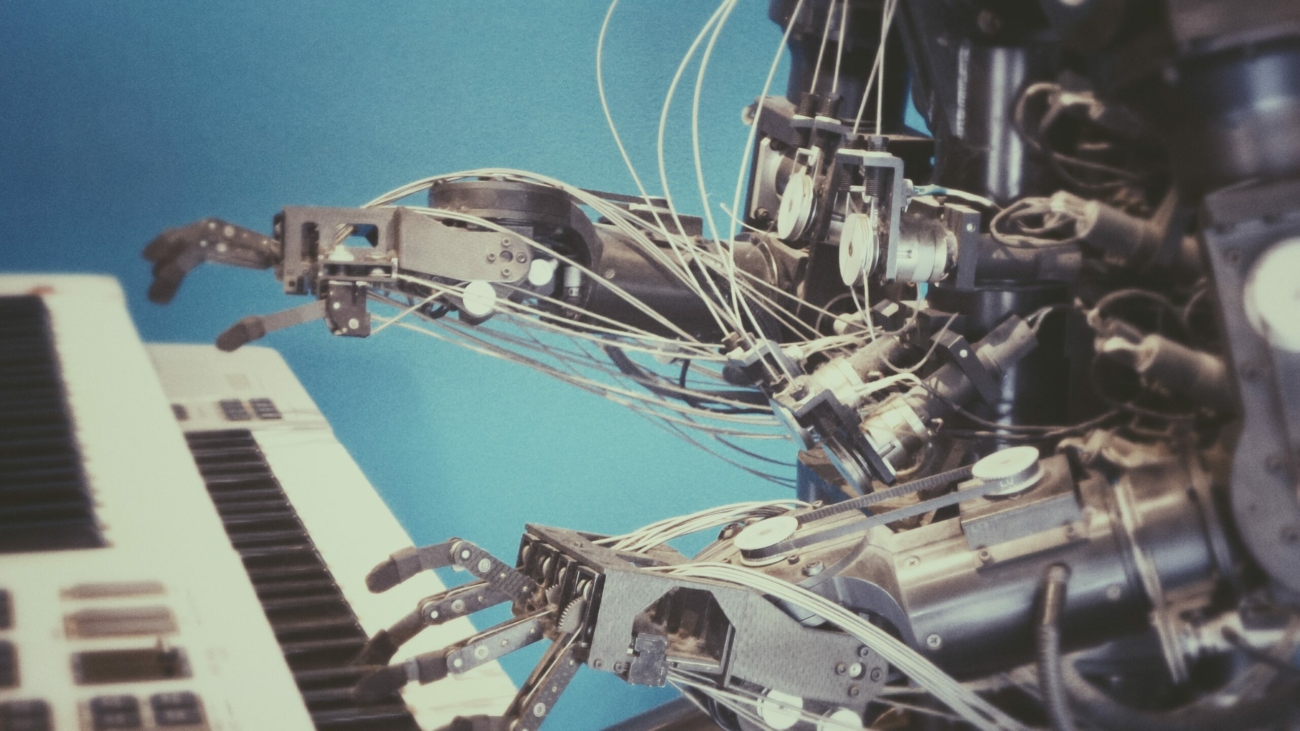When it comes to AI, many people ask legitimate questions: “How much further will AI develop?”, “Can it overtake us at some point?”, “What impact will developments have on jobs?”.
The fact that AI is already outstripping humans in some things is nothing new. Especially in strategic and mathematical areas, it is far stronger and faster than humans. Nevertheless, it is still far inferior to us in most areas. Its biggest problem is the aspect of “consciousness”, because there is no model for its implementation, let alone evolution. Although this project is under development, it has not yet achieved any notable successes. Thus, AI will not be able to cope with banal everyday situations that are instinctive and natural for a human being for a long time to come. But in almost all areas of life, from driving to work, in medicine and also in care, artificial intelligence has the potential to simplify our everyday lives and make them more efficient. AI is almost everywhere: Top Load Washing Machines, Coffee Machines, Vacuum Cleaners, etc.
Nevertheless, there have long been fears about jobs, many people fear that they could be replaced by AI. However, the all-clear can be given in this regard. Because in the near future, the areas of application will concentrate on specific tasks, entire professions will not be replaced. Moreover, new jobs will also be created, especially when it comes to monitoring AI.
Overall, however, it must also be said that the topic is still being treated very hypothetically, no one can make exact predictions. Ultimately, however, the same applies here as in many other areas: AI is what we make of it.
Since when has artificial intelligence existed?
The term artificial intelligence was introduced by John McCarthy at the Dartmouth Conference in 1956. Due to the constant increase in the speed, size and variety of data (keyword: Big Data), the topic of AI is becoming more and more important in companies.

What types of AI are there?
Basically, there are different ways to categorise artificial intelligences. One possibility is to differentiate between weak and strong AI. Weak AI refers to a system that has been developed and trained for a specific task. Strong AI, on the other hand, refers to a system that has human cognitive abilities and sufficient intelligence to solve unknown tasks.
Where do we encounter artificial intelligence in everyday life?
Whether automated driving, smart homes, facial recognition, music streaming, medical diagnoses, navigation, human robots or digital voice assistants – artificial intelligences are increasingly finding their way into everyday life. Often, however, this happens unconsciously, so that we don’t notice or think about it at all.
Artificial intelligence in the company
Artificial intelligence offers companies the opportunity to automate processes, thus saving costs and working more efficiently. You don’t have to turn your entire company structure upside down to do this: In most cases, even minor adjustments are enough. Even small increases in productivity or cost savings can be a huge benefit to your business.
Most AI applications are developed by tech companies like Google, Apple, Microsoft, PayPal & Co. Their core business and business model is based on the use and further development of the latest technologies, so they have the necessary resources and know-how. However, many traditional companies are not yet technology companies.

